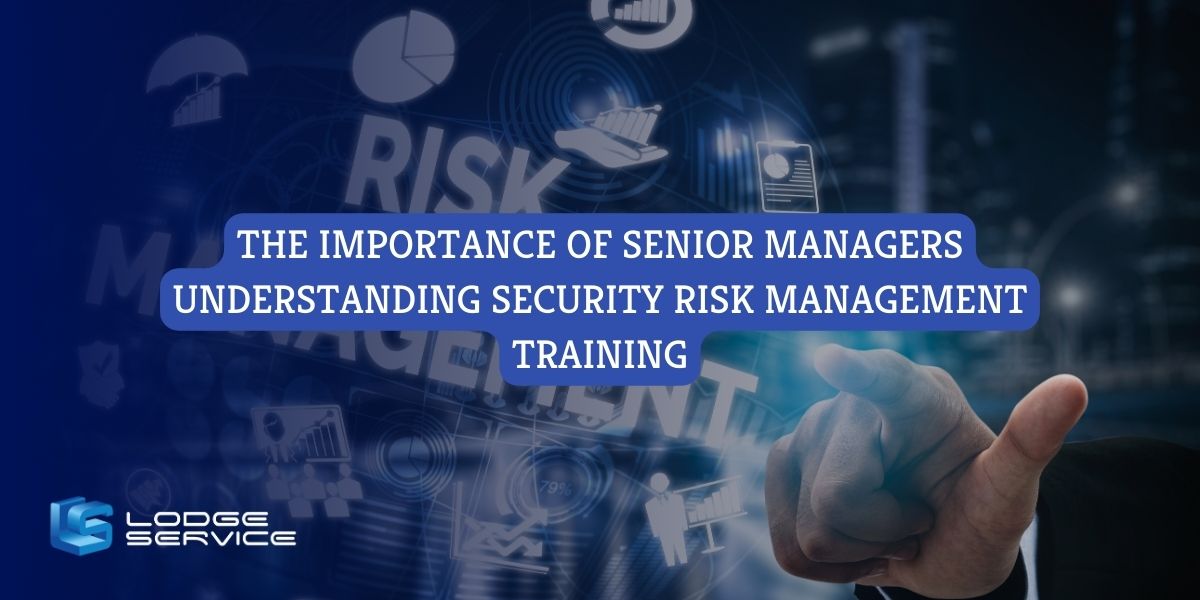Checking out the Value of Risk Management for Effective Decision-Making Strategies
In the complex globe of business, Risk Management arises as a crucial aspect in the decision-making process. The capability to identify prospective hazards and chances, and plan as necessary, can lead to the distinction in between success and failing.
Understanding the Principle of Risk Management
Risk Management, an important part in decision-making, is usually misunderstood or oversimplified. Risk Management involves structured and disciplined strategies, using data and informative assessments. From financial uncertainties, legal responsibilities, critical Management mistakes, to mishaps and natural catastrophes, it addresses different risks - importance of risk management.
The Duty of Risk Management in Decision-Making Processes
In the realm of calculated planning and company operations, Risk Management plays an integral role in decision-making procedures. Risk Management hence becomes an important device in decision-making, aiding leaders to make enlightened selections based on a thorough understanding of the threats involved. Risk Management offers as a vital component in the decision-making processes of any kind of company.

Exactly How Risk Management Enhances Strategic Planning
In the context of strategic planning, Risk Management plays a pivotal role. Launching with the recognition of possible threats, it additionally includes the implementation of Risk mitigation measures. The duty of Risk Management is dynamic however not fixed, as it demands consistent surveillance and adjusting of techniques.
Determining Potential Dangers

Implementing Risk Mitigation
Having developed the significance of identifying possible dangers, the next step is to explore Risk reduction. This process involves establishing and executing approaches to handle recognized dangers effectively. It is a crucial facet of tactical planning as it improves decision-making by lessening prospective negative end results. Risk reduction approaches can range from Risk evasion, Risk transfer, to run the risk of decrease. Each approach must be tailored to the specific Risk, considering its prospective influence and the organization's Risk resistance. Effective Risk reduction calls for a deep understanding of the Risk landscape and the possible impact of each Risk. This understanding allows companies to focus on threats and assign resources properly, ensuring that the most significant threats are dealt with initially.
Tracking and Changing Strategies
Though Risk mitigation is an important action in critical preparation, continual surveillance and modification of these techniques is equally vital. This continuous process permits organizations to identify new risks and reassess existing ones, guaranteeing the carried out methods continue to be reliable in the ever-changing service environment. It additionally supplies useful source an opportunity to assess the success of the Risk Management measures, enabling adjustments to be made where needed, more enhancing calculated preparation. Reliable monitoring and adjustment need using analytics and vital efficiency indicators (KPIs) to measure efficiency. These tools offer useful data-driven understandings that can educate strategic decision-making. Tracking and changing Risk Management approaches is a crucial element for enhancing a company's strength and critical planning.
Instance Studies: Effective Risk Management and Decision-Making
In the world of business and money, effective Risk Management and decision-making often offer as the columns of prosperous enterprises. These instances highlight the worth of astute Risk Management in decision-making processes. These instances underscore the vital function of Risk Management in critical decision-making.
Devices and Methods for Effective Risk Management
These devices, such as Risk signs up and warmth maps, aid in identifying and examining potential risks. Risk feedback strategies, a key component of Risk Management, involve accepting, preventing, transferring, or mitigating dangers. With these tools and methods, decision-makers can navigate the complicated landscape of Risk Management, consequently facilitating notified and effective decision-making.
Future Trends in Risk Management and Decision-Making Methods
As we discover the large landscape of Risk Management, it ends up being apparent that the tools and techniques made use of today will remain to evolve. Future fads direct towards a boosted reliance on technology, with synthetic intelligence and machine learning playing significant duties. These modern technologies will certainly make it possible for companies to forecast possible threats with higher accuracy and make more informed choices. In addition, there will certainly be an expanding focus on durability, not just in handling dangers but also in recuperating from damaging scenarios. The idea of Risk culture, where every participant of an organization is conscious and involved in Risk Management, will acquire extra importance. These fads herald an even more comprehensive reference and aggressive method in the direction of Risk Management and decision-making.
Verdict

Risk Management hence comes to be a vital tool in decision-making, helping leaders to make informed choices based on a comprehensive understanding of the threats included. Risk reduction methods can range from Risk evasion, Risk transfer, to risk decrease (importance of risk management). Efficient Risk reduction needs a deep understanding of the Risk landscape and the possible effect of each Risk. Risk action techniques, an essential part of Risk Management, include approving, preventing, moving, or mitigating threats. The idea of Risk society, where every participant of an organization is aware and entailed in Risk Management, will obtain a lot more importance
Comments on “A Detailed Guide to Understanding the Importance of Risk Management”